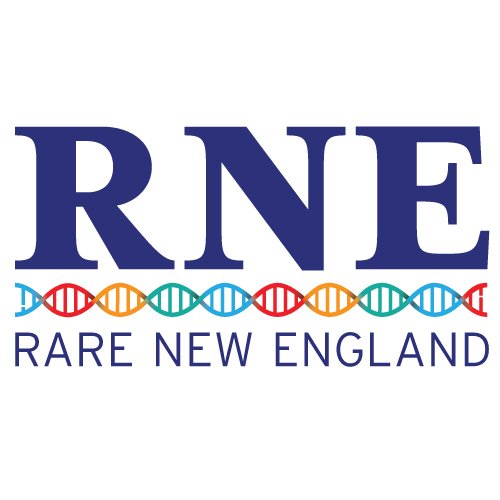The Plight of the Undiagnosed Patient
Understand what it means to have an “unknown” medical condition.
The Dilemma of the Undiagnosed
In spite of the many breakthroughs in medical science over the years, a great deal remains unknown. A patient falling into the category of having an "unknown" medical condition may feel in limbo and have an emotional need to believe in some diagnosis (even if it is incorrect) in order to attempt to cope with his or her medical problems. After all, patients continue to hurt even if a physician cannot find the source of their pain, and debilitating symptoms may continue even when the simple lab, x-ray, or complicated procedure fail to provide an explanation.
Medicine Evolving Through Research
Many diseases are yet to be discovered through research. Science continues to evolve with new information, but for many this process is not fast enough to help with their own health conditions. A patient may be "suspected" of having a disease or disorder by specialists, but there may not be available resources in testing or the financial means to prove the diagnosis.
Patient Expectations of an Easy Answer
When people feel ill, they visit their physicians for a diagnosis and expect a treatment that will make them feel better. Most times, this is exactly what happens. Patients may be diagnosed with anything from a simple virus to a chronic disease, or even with a devastating illness that has no cure, but they know what is affecting them. With a diagnosis comes the ability to tell others what is wrong and to have an idea of prognosis, whether good or poor. Unfortunately, this norm is not true for the undiagnosed patient.
Prejudice Against Undiagnosed Patients
Many undiagnosed patients report that others seem awkward when responding to their medical problems. This can arise from a lack of understanding about their disease processes, or from disbelief that undiagnosed patients have a disease at all, since no specialist has been able to find or name it. Unfortunately, such skepticism can be reflected even by the medical community, when providers are not cognizant of the limits of medical science or are unsympathetic to medical presentations unfamiliar to them.
Rare New England is Here!
RNE realizes many struggles await patients and families who do not have a diagnosis. We know symptoms still exist without a name, and that such symptoms can cause debilitation and pain, and may interfere with the ability to support work, school, and social expectations. Such challenges can affect the quality of life for a patient and family to a significant extent. RNE is here to listen, validate the patient and family's experiences, and assist in finding appropriate resources to improve quality of life for all patients, including those not yet diagnosed.
Undiagnosed Diseases Network
UDN
The Undiagnosed Disease Network (UDN) is a collaboration of clinical and research facilities across the US working to improve care for the undiagnosed that is being sponsored by the NIH.


